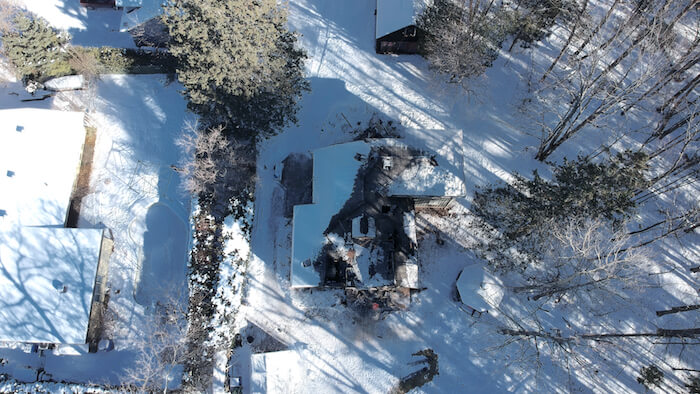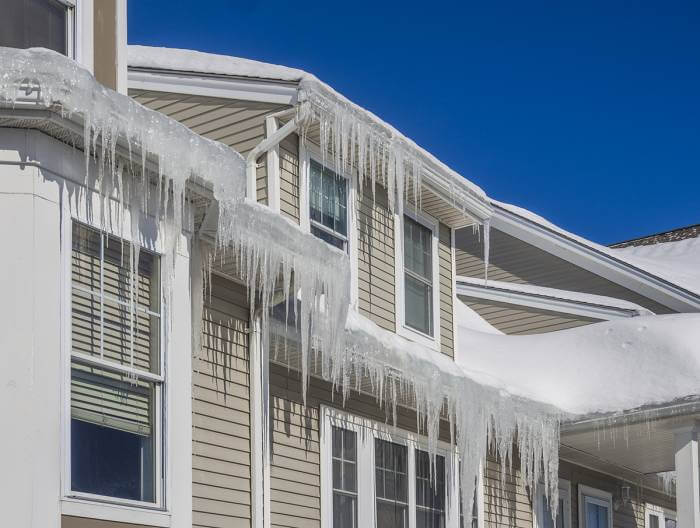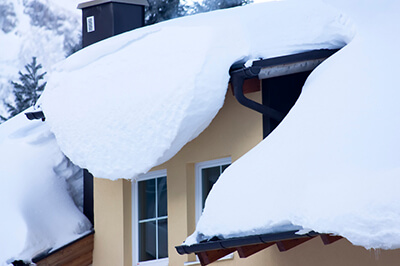Articles
Don’t Let Your Cannabis Crop Go Up in Smoke
With the recent legalization of recreational cannabis in Canada, homeowners are permitted to grow up to four plants at their residence. Many will choose to grow these plants indoors to control climate conditions and light cycles, but indoor grow operations present unique challenges and some risks such as fire. Planning for and mitigating these risks will help ensure that your crop doesn’t go “up in smoke”.
Infotainment and Telematic Systems
Infotainment and telematics systems are becoming increasingly popular in modern vehicles. Since the introduction of Ford's SYNC system in 2008, most vehicle manufacturers have developed their own in-car systems that allow occupants to play music, make phone calls, look up directions, control vehicle functions, and even connect to the internet with intuitive interfaces.
How Can Traffic Signal Information Help Liability Issues in an Intersection Collision?
A very common request as part of an investigation into an intersection collision is to determine who went through a red light.
Forensic science and the drone; what you need to know about certification
Drone emergence and recent developments in technology allow data gathering that previously required larger and more expensive means.
The dangers of ice damming
With sub-zero winter temperatures and months of snowfall, Canadian winter weather can result in an influx of property damage claims. Specifically, in the right conditions, ice damming can be a common concern.
Snow covered roofs
Each winter, during periods of significant snowfall, the buildup of snow on roofs can be a real concern.Snow accumulation depends on many factors, including wind direction, building orientation, roof pitch, shelter, and, of course, weather conditions. For example, houses are more at risk when the wind is blowing from the west and the lower side of the house is to the east.
Subscribe to our newsletter and never miss our news!






